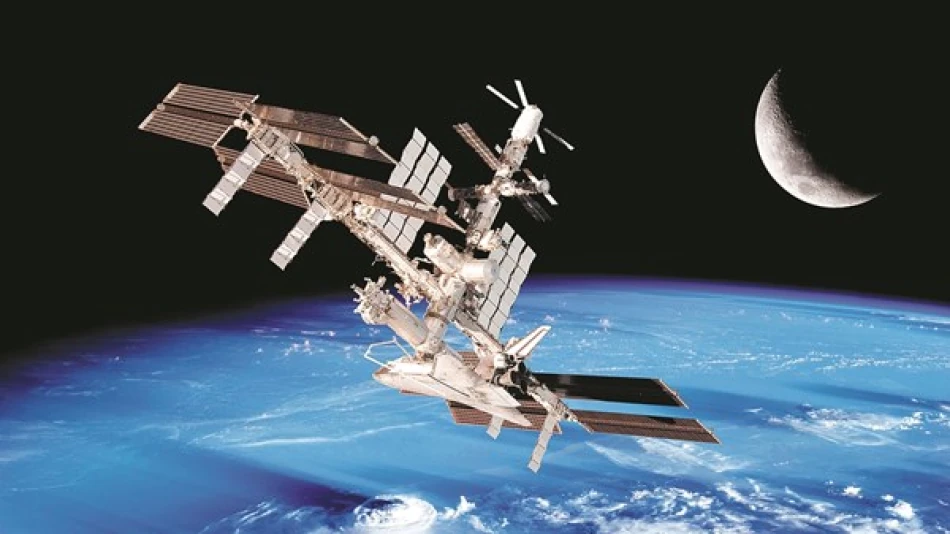
Sheikh Mohammed Launches Challenge to Join NASA's Global Space Competition
UAE Space Center Opens Registration for NASA's Global Innovation Challenge, Targeting Middle East Tech Talent
The Mohammed bin Rashid Space Centre has launched registration for NASA's International Space Apps Challenge 2025, positioning the UAE as a key hub for space-based innovation in the Middle East. The October event represents one of the world's largest hackathons, bringing together diverse professionals to solve global challenges using NASA's open space data—a strategic move that aligns with the UAE's broader ambitions to become a regional technology and space leader.
A Global Platform with Regional Ambitions
Scheduled for October 4-5, 2025, the challenge operates as a collaborative initiative between 14 international space agencies and NASA. The UAE's participation reflects its growing influence in the global space economy, following successful missions like the Hope Mars probe and the Emirates Lunar Mission.
The competition invites software developers, data engineers, designers, scientists, and science communicators to form multidisciplinary teams. Participants will tackle environmental, technological, and social challenges affecting both Earth and space using NASA's extensive open-source datasets.
Scale and Impact of Previous Editions
Last year's challenge demonstrated remarkable global reach, attracting over 93,000 participants from 152 countries across 163 locations worldwide. The event generated more than 10,000 innovative projects, establishing it as a powerful platform for open innovation and scientific community building.
These numbers suggest the challenge has evolved beyond a simple competition into a significant talent identification and networking mechanism for the global space industry.
Strategic Context for the UAE's Space Ambitions
The UAE's hosting of this challenge aligns with its National Space Strategy 2030, which aims to establish the country as a global leader in space exploration and technology. By 2030, the UAE plans to contribute $1 billion to the space economy and create specialized space-focused educational programs.
This initiative also complements the UAE's broader economic diversification strategy, moving away from oil dependency toward knowledge-based industries. The country has already established itself as a regional fintech and artificial intelligence hub, and space technology represents the next frontier.
Regional Competition and Collaboration
The UAE's space program increasingly competes with other regional powers. Saudi Arabia has announced ambitious space plans through its Vision 2030, while Israel has established itself as a space technology innovator. However, the UAE's approach emphasizes international collaboration over purely domestic development.
The partnership with NASA provides the UAE access to cutting-edge space data and methodologies while positioning Emirati institutions as credible partners for future international space missions.
Innovation Ecosystem and Talent Development
The challenge serves multiple strategic purposes beyond immediate project outcomes. It creates a pipeline for identifying and nurturing local talent in space technology, data science, and related fields. This talent development approach mirrors successful models in Singapore and South Korea, where government-sponsored innovation challenges have produced significant private sector spinoffs.
The emphasis on multidisciplinary teams reflects modern space industry requirements, where successful projects increasingly depend on combining traditional engineering with data science, user experience design, and storytelling capabilities.
Long-term Economic Implications
For the UAE, hosting this challenge represents an investment in future economic competitiveness. The global space economy is projected to reach $1 trillion by 2040, with significant opportunities in satellite services, space tourism, and resource extraction.
By building local expertise now, the UAE positions itself to capture a meaningful share of this growth while reducing dependence on foreign technical expertise for its own space initiatives.
The Mohammed bin Rashid Space Centre's partnership with NASA also signals the UAE's emergence as a trusted international partner in space exploration, potentially opening doors to more ambitious collaborative projects in the coming decade.
Most Viewed News

 Layla Al Mansoori
Layla Al Mansoori






